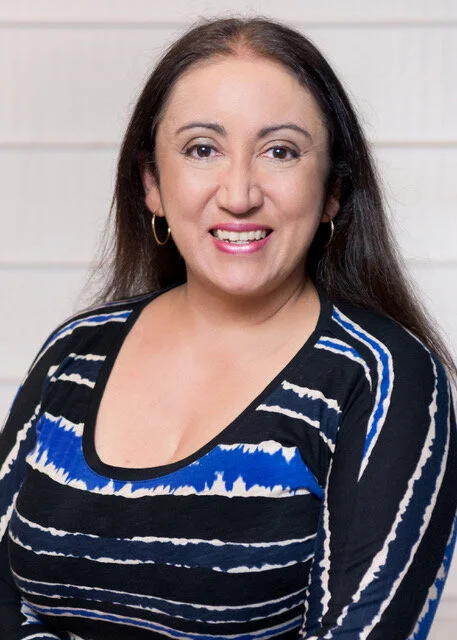You can’t edit a blank page. It can be terrifying staring at a blank page, especially when starting a new book, but if you don’t put something on that page, how can you go back later and polish it into a literary gem?
Nicola Marsh is a busy woman. Since changing careers from physiotherapy to writing she has published 70 novels and sold over 8 million copies worldwide. We catch up with her to talk about structuring your writing day, adapting to fit an ever-changing market, and the best way to hone your writing voice.
Please give us a brief overview of yourself and your work
I’m a USA TODAY bestselling and multi-award-winning author of 70 books, in various genres: women’s fiction, romance, and domestic thrillers. I’ve also had a few young adult titles published too. I currently write contemporary romance for Penguin Random House USA Berkley imprint, domestic thrillers for Hachette UK’s Bookouture, and women’s fiction for Harper Collins AU. My upcoming titles include The Scandal (domestic thriller), Second Chance Lane (woman’s fiction), My Sister’s Husband (domestic thriller), and The Boy Toy (romance).
What made you want to be an author?
I’ve always loved writing since I was at school. English was my favorite subject. However, I got side-tracked into a scientific career as a physiotherapist for 13 years before I finally wrote my first book. Once I started writing, I couldn’t stop and I’ve been published for 17 years.
Do you have a writing routine?
If I’m on deadline, I carve out several hours a day, usually in chunks of 2 hours, and don’t get distracted during that time. When I’m in the zone I’m fairly fast and can write up to 2000 words an hour.
How do you outline your work and begin writing?
For me, the creative process starts with brainstorming on paper. I scribble down the main characters, basic plot, and a few scenes that need to happen. From there, I open up a new file on Scrivener and start fleshing out my idea. I love Scrivener for keeping all my story snippets in one place. I also try to come up with one sentence idea per chapter before starting to write, as having this basic outline helps me write faster.
Do you have any tips for a productive writing day?
Don’t fall into the trap of spending too much time on the Internet. Promotion and marketing is such a huge time suck for authors, so always protect the writing. I usually have back-to-back deadlines and try to achieve my required word count in the morning, so when I’m more tired in the afternoon I can do the rest.
Is there any particular incident that has happened along your writing journey that you’d like to share?
Writing fiction is fun, and when I’m in the early stages I pluck character names, their quirks, towns, etc… from the top of my head. In one of my early books, I named a character that collected ceramic frogs and lived in a coastal town a few hours north of Sydney. All these details were on the first page of the book. So imagine my surprise when I received an email from a person with the same name who collected ceramic frogs, living in the same town! From then on, I try to do an online search for names.
What struggles did you face in the writing and publishing process?
Rejection is an inherent part of publishing and early in my career after I’d had 5 books published I had a change of editor who didn’t connect with my voice and she rejected my next two books. So I had to adapt and change and deliver what she wanted to keep selling books. It was a good lesson to learn; that publishing is ever-changing and being flexible is key.
What methods of book marketing do you find the most effective?
Writing the next book and delivering on the promise of the last. Readers expect consistency from an author and if you don’t write a book as good as your last, all the newsletters, tweets, Facebook group posts, pins and Insta stories in the world will be ineffective.
Do you have any advice for aspiring authors?
The best way to hone your voice is to write…write…then write some more. Make writing a habit. Writing daily flexes your creative muscle and helps the words to flow faster.
What is the best writing advice you have received?
You can’t edit a blank page. It can be terrifying staring at a blank page, especially when starting a new book, but if you don’t put something on that page, how can you go back later and polish it into a literary gem?
You can find out more about Nicola via her website and social media channels: Facebook, Instagram, Twitter, and Pinterest.












